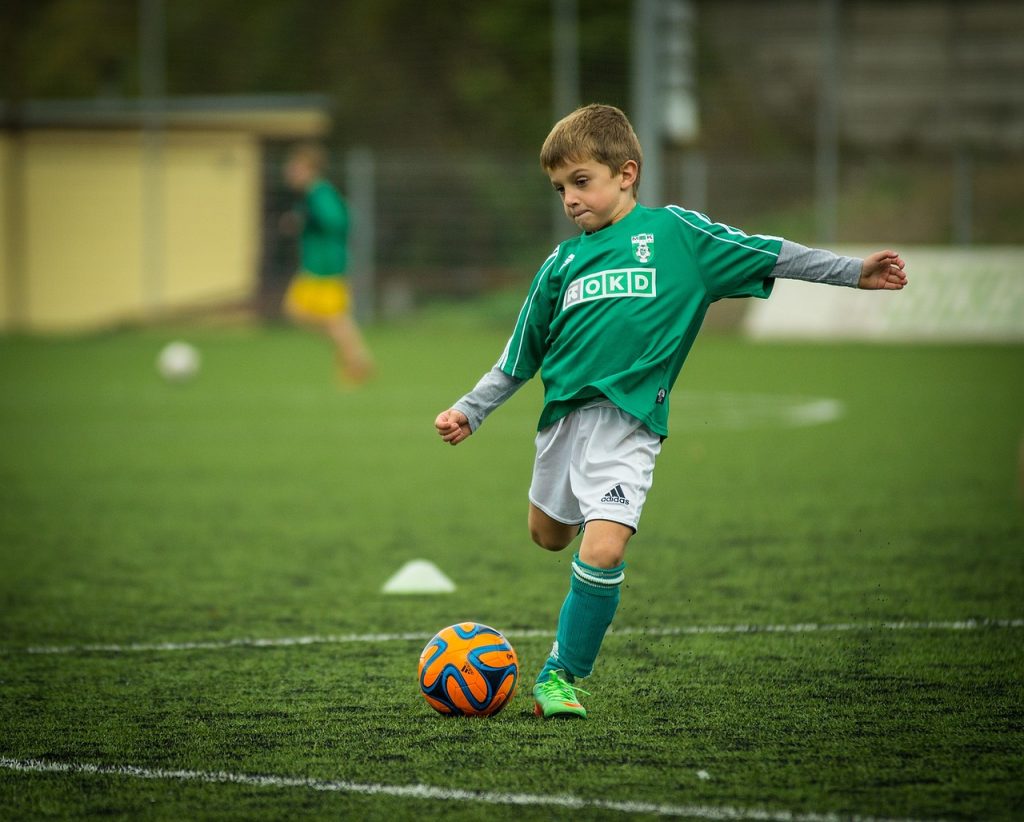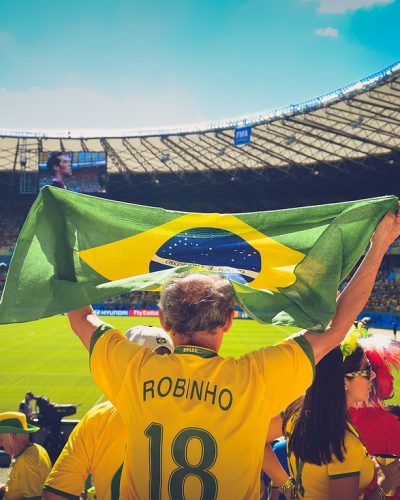
The First World Cup
FIFA’s formation paved the way for international competition, and in 1930, the first FIFA World Cup was held in Uruguay. Thirteen teams participated, with Uruguay emerging as the champion. The World Cup quickly became a prestigious tournament, inspiring players and fans worldwide. For more details about fotballreiser liverpool.

